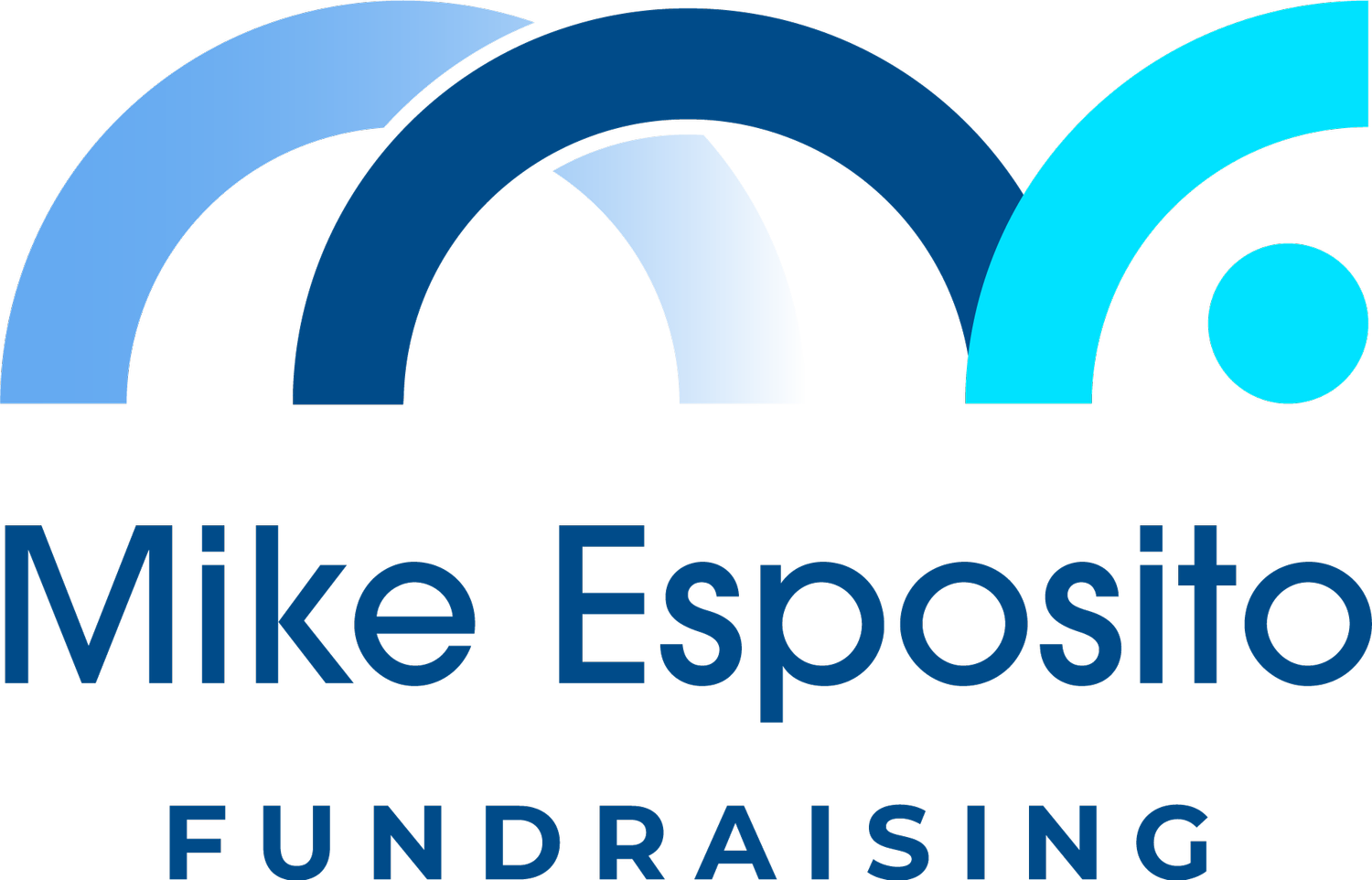Five ways AI tools can help you get through thank you note season
By: Sarah Pita
It’s always important to recognize your donors, and never more than at this most generous time of the year. Here are five ways you can use generative AI tools like ChatGPT, Claude, or Gemini to help—not to outsource a heartfelt act, but to save some time, so that getting into a heartfelt mindset doesn’t feel like such a slog.
Remember: try all of these without including personal identifiers that could threaten donor privacy. After AI has helped with the task, you add that information in yourself.
1. You probably have an automated acknowledgement through your CRM that goes out after a gift is received. When was the last time you read it yourself? Now’s a good time. If it hasn’t changed in a while, copy and paste the text into Claude or ChatGPT. Ask it to refresh and update the message. Share a nice story or some impact data if you’d like that incorporated. Read it carefully before you paste it in, and do a test run afterwards.
💡Got a separate message for the recurring donors? If so, update that too. If not, you can easily use AI to create one.
2. Use AI to create a template for your email thank you messages that you can customize yourself for each donor. Here, the AI is creating your first draft—you come in after to make it unique and personal.
💡If you’re feeling fancy, you can make a GPT, or a project in Claude, to generate a new one for each donor.
3. Doing handwritten notes? No, no, don’t ask Claude to write you the perfect 75-word thank you card. But you could brainstorm an outline ahead of time so that you don’t run out of space.
💡Second guessing that note you just wrote? Take a picture of what you wrote (minus any confidential information of course), upload it, and ask for feedback.
4. If you are dealing with a substantial volume of gifts (congratulations!), ask ChatGPT or Claude to help plan your workflow for acknowledgements. Request a calendar or a checklist, and just remember, AI doesn’t experience time like we do so push back if it suggests something you know is unrealistic (50 handwritten thank you notes a day? That sounds like a lot).
5. Nervous about making thank you phone calls? ChatGPT’s voice mode can help you practice before you pick up the phone. In my opinion, conversing with AI triggers some of the same discomfort some us feel when picking up the phone—but the stakes are lower, so why not use that discomfort? Here’s how:
a. Go into your settings. Under “general”, there is a section for “voice.” You can choose between nine different voices. Check them all out and pick the one you like the best, or that will feel most realistic.
b. Start a new chat. In your prompt, explain that you would like to practice some thank you phone calls to donors using voice mode, and that you’ll be providing basic details about the person you are calling. Say that you would like it to play the part of the donor, and that after the simulation you would like feedback.
c. Turn on voice mode by selecting the circle with the vertical lines to the far right of the chat window. A circle with swirling colors will appear in the center of your screen.
d. Tell it you’re ready to begin and jump in.
Any fundraiser will tell you that thanking your donors is deeply necessary, and worth the investment of time. With these tools, you’ll be able to work smarter and faster and still provide that personal touch that keeps your generous supporters engaged—and excited to hear from you again soon.
PS: I actually started making a custom GPT to practice acknowledgement phone calls. Mike tried it out and reports that the AI, role-playing in “distracted” mode, kept saying “I’m so distracted. Where’s my coffee?” So it’s a work in progress. If you’re curious, reply to the newsletter and I’ll share the link.
About the Author:
Sarah Pita is a fundraising professional with 25+ years of experience and a dynamic speaker who makes AI approachable and immediately useful for nonprofit teams. She leads practical, engaging trainings and workshops on using AI for fundraising and has presented at groups such as Women In Development NYC and at the AFP GPC Leading Philanthropy conference, among others. Sarah is currently Director of Development at the Center for Independence of the Disabled, New York.
Interested in an AI workshop or training? Contact Sarah here.

